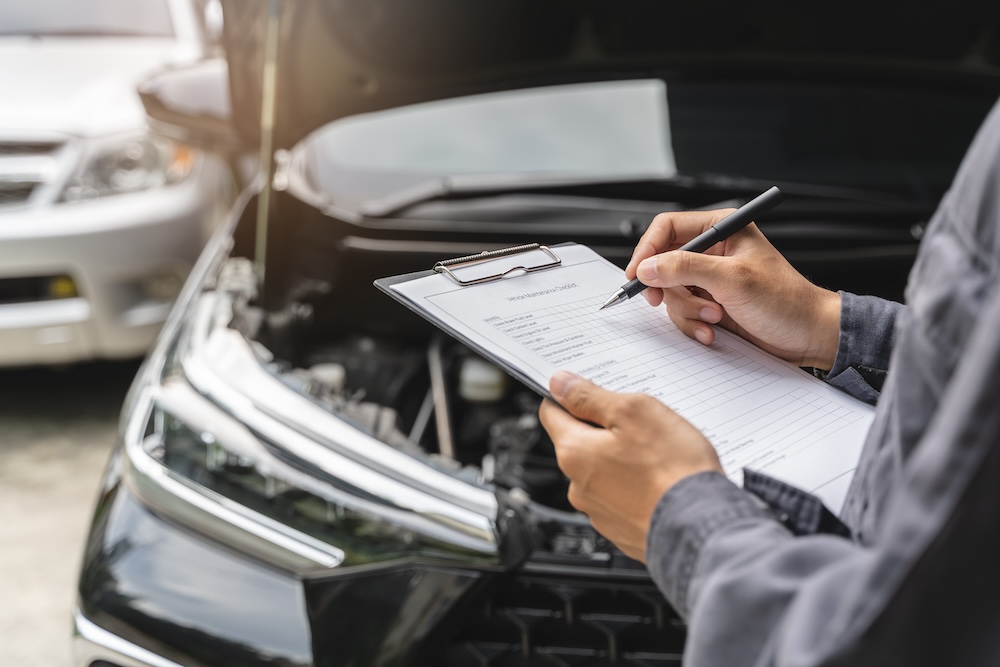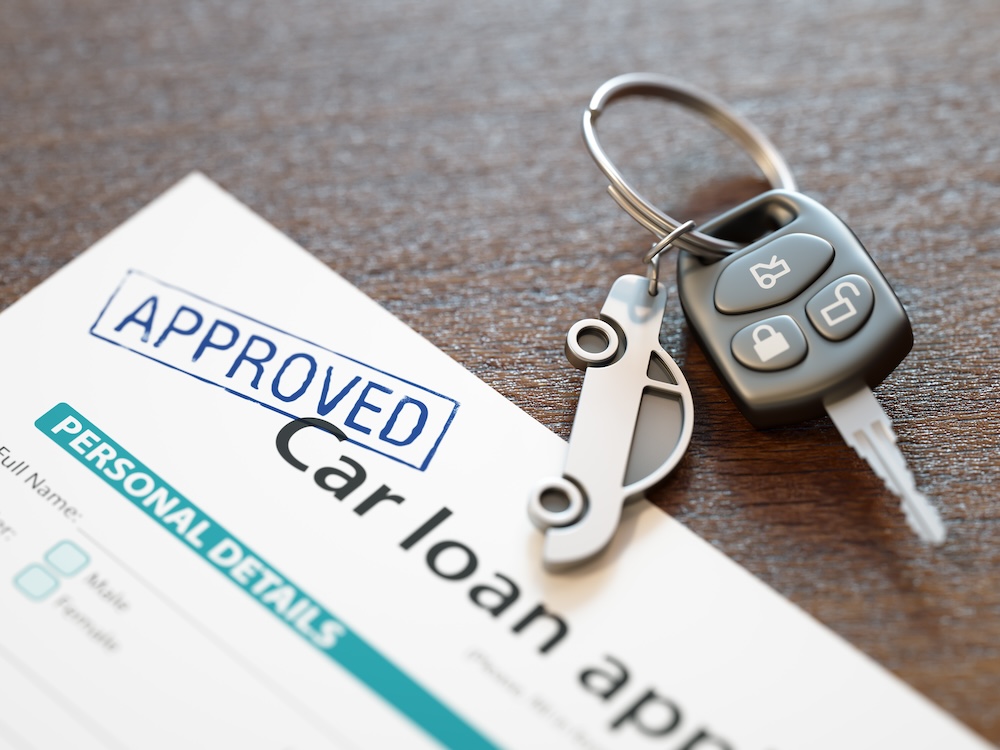Selling your car? Whether you are going through a dealership or opting for a private sale, understanding the process can make all the difference. This guide breaks down the steps and considerations for both methods, helping you secure the best price for your car.
 Selling a car is a significant decision, and preparing it properly can make all the difference in achieving a better price. In Singapore, selling your car can be done through two main avenues: dealerships or private sales. Each method has its pros and cons, and the choice depends on your priorities, whether it is convenience, speed, or maximising profit.
Selling a car is a significant decision, and preparing it properly can make all the difference in achieving a better price. In Singapore, selling your car can be done through two main avenues: dealerships or private sales. Each method has its pros and cons, and the choice depends on your priorities, whether it is convenience, speed, or maximising profit.
Whether selling privately or through a dealership, the effort you invest in presenting your car can greatly impact its resale value. Here’s a comprehensive guide to assist you in preparing your car for sale and ensuring you get the best possible price.
Selling Through a Dealership
For most car owners in Singapore, selling through a dealership is the preferred option due to its convenience and efficiency, as well as the advantage of receiving payment quickly without having to wait for a private buyer. Dealerships handle much of the administrative work, including listing, photography, and the actual selling, making it a hassle-free process. However, this method may not always fetch you the highest price, as dealerships factor in their profit margins when making offers.
- Get multiple quotes: Start by contacting several dealerships to obtain quotes for your car. You can visit car marts or use online platforms like Motorist.sg or sgCarMart’s Quotz system to receive competitive offers from multiple dealers without leaving your home. Comparing quotes ensures you get the best possible deal.
- Prepare your car for inspection: Once you have shortlisted potential dealerships, prepare your car for inspection. Clean both the interior and exterior thoroughly to make a good impression. Dealers will inspect the vehicle’s condition, including its mileage, service history, and any signs of wear or damage. Address minor cosmetic issues, like scratches or dents, to avoid deductions from the offered price.
- Gather necessary paperwork: Dealerships typically require essential documents such as the Vehicle Registration Certificate (VRC), valid inspection papers (if applicable), and any outstanding loan settlement forms. Some dealers may also assist with settling outstanding loans on your behalf as part of their service.
- Finalise the sale: Once you agree on a price, the dealership will handle most of the paperwork, including transferring ownership through the Land Transport Authority (LTA). This step is straightforward and saves you time and effort. After completing these formalities, you will receive payment, often immediately or within a few days, and hand over your car.
Selling Privately
If you are looking to maximise profit and do not mind putting in extra effort, selling privately may be a better option. This method allows you to negotiate directly with buyers and potentially secure a higher price than what dealerships offer. However, it requires more time and involvement on your part.
- Set a competitive price: Research market rates for similar cars using platforms like Sgcarmart or Carousell Autos to determine a fair asking price. Consider factors such as mileage, condition, and unique features when setting your price. Be realistic but leave room for negotiation to attract serious buyers while maintaining flexibility during discussions.
- Advertise effectively: Create an appealing listing with high-quality photos of your car’s interior, exterior, and engine bay. Write a detailed description highlighting key features like fuel efficiency, maintenance history, and special add-ons (e.g., leather seats or upgraded sound systems). Post your ad on popular platforms like Sgcarmart, Carousell Autos, or Facebook Marketplace to reach interested buyers quickly.
- Prepare for viewings and test drives: Be ready to accommodate potential buyers who want to inspect or test-drive your car. Ensure it is clean and in good working condition before each viewing appointment. During test drives, accompany buyers to address any questions they may have about the vehicle’s performance or features. Transparency is key, not only does being upfront about any defects or past accidents build trust with buyers, but it also helps prevent any complaints or disputes after the sale.
- Handle paperwork independently: When selling privately, you will need to manage all administrative tasks yourself. Essential documents include a Sales Agreement between you and the buyer, an indemnity form for test drives, and proof of loan settlement, if applicable. The can be completed online via LTA’s OneMotoring portal for $25 using SingPass credentials. If your buyer is a foreigner without SingPass access, both parties must visit LTA’s Customer Service Centre in person to complete the transaction manually.

Which Method Should You Choose?
The decision between selling through a dealership or privately depends on your priorities:
Choose Dealerships If: You value convenience and speed over maximising profit. Dealerships handle all the paperwork and offer immediate payment but may provide lower offers compared to private sales.
Choose Private Sales If: You are willing to invest time in advertising and negotiating for a higher price while managing administrative tasks independently.
Maximising Your Car’s Value
In conclusion, selling your car in Singapore requires a strategic approach, whether you choose to sell through a dealership or privately. Understanding the unique dynamics of Singapore’s car market, such as the impact of COE and vehicle condition on resale value, is crucial for maximising your car’s price.
By preparing your car meticulously, using the right sales channels, and being informed about market trends, you can navigate the process efficiently and secure a better price. Whether you prioritise convenience or profit, the key to a successful sale lies in thorough preparation and a well-informed decision-making process so you can achieve the best possible outcome for your vehicle.



